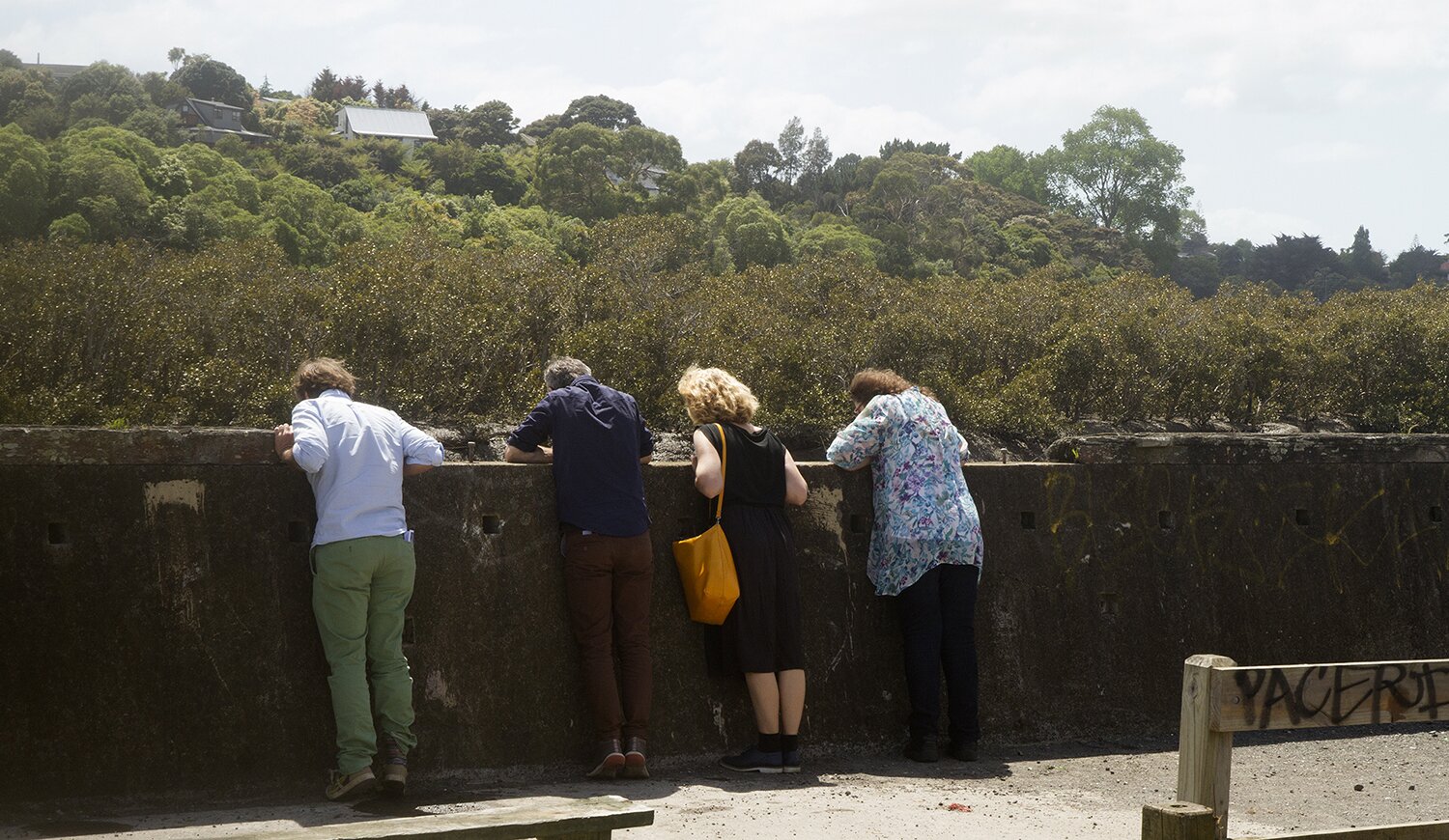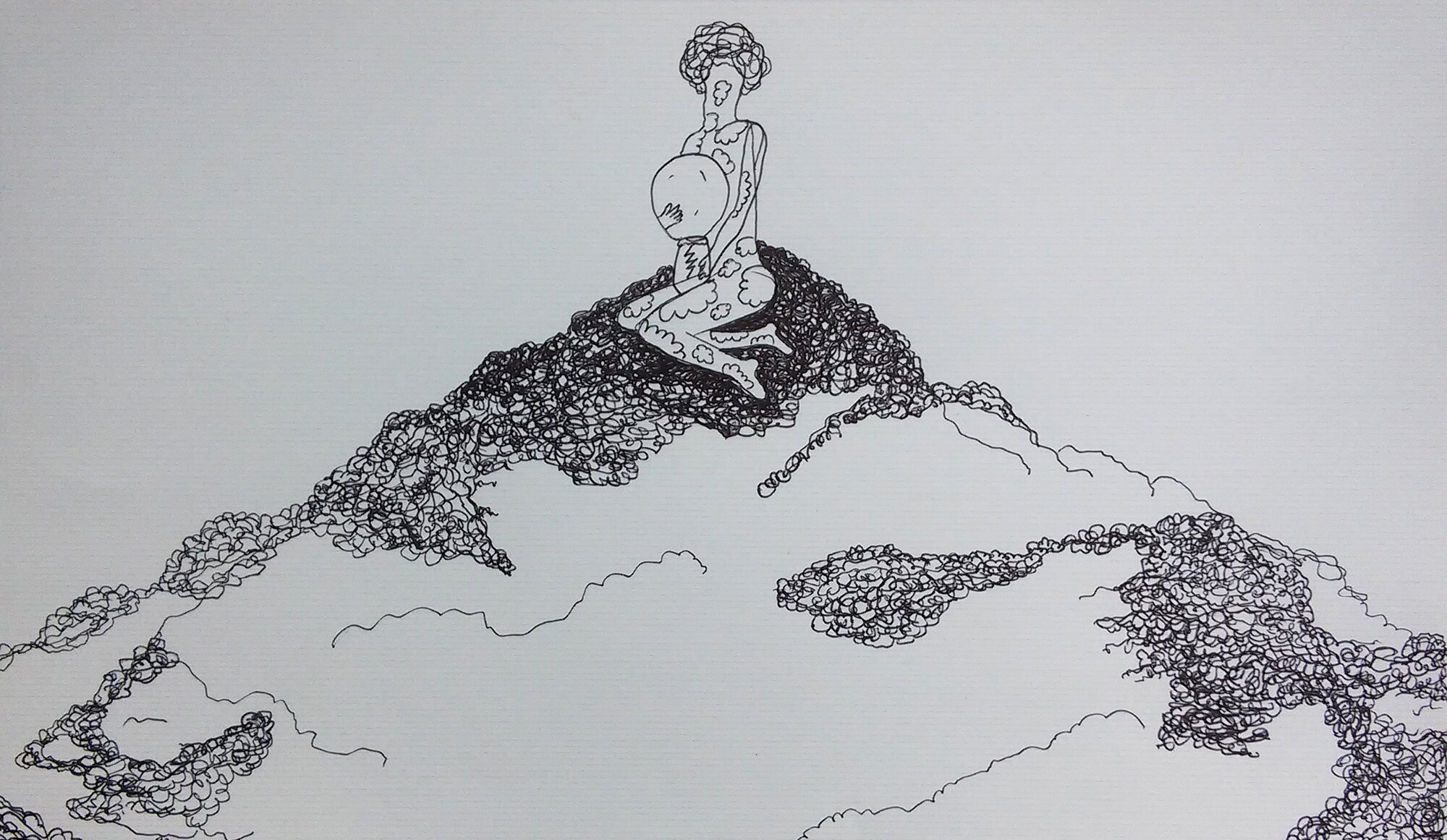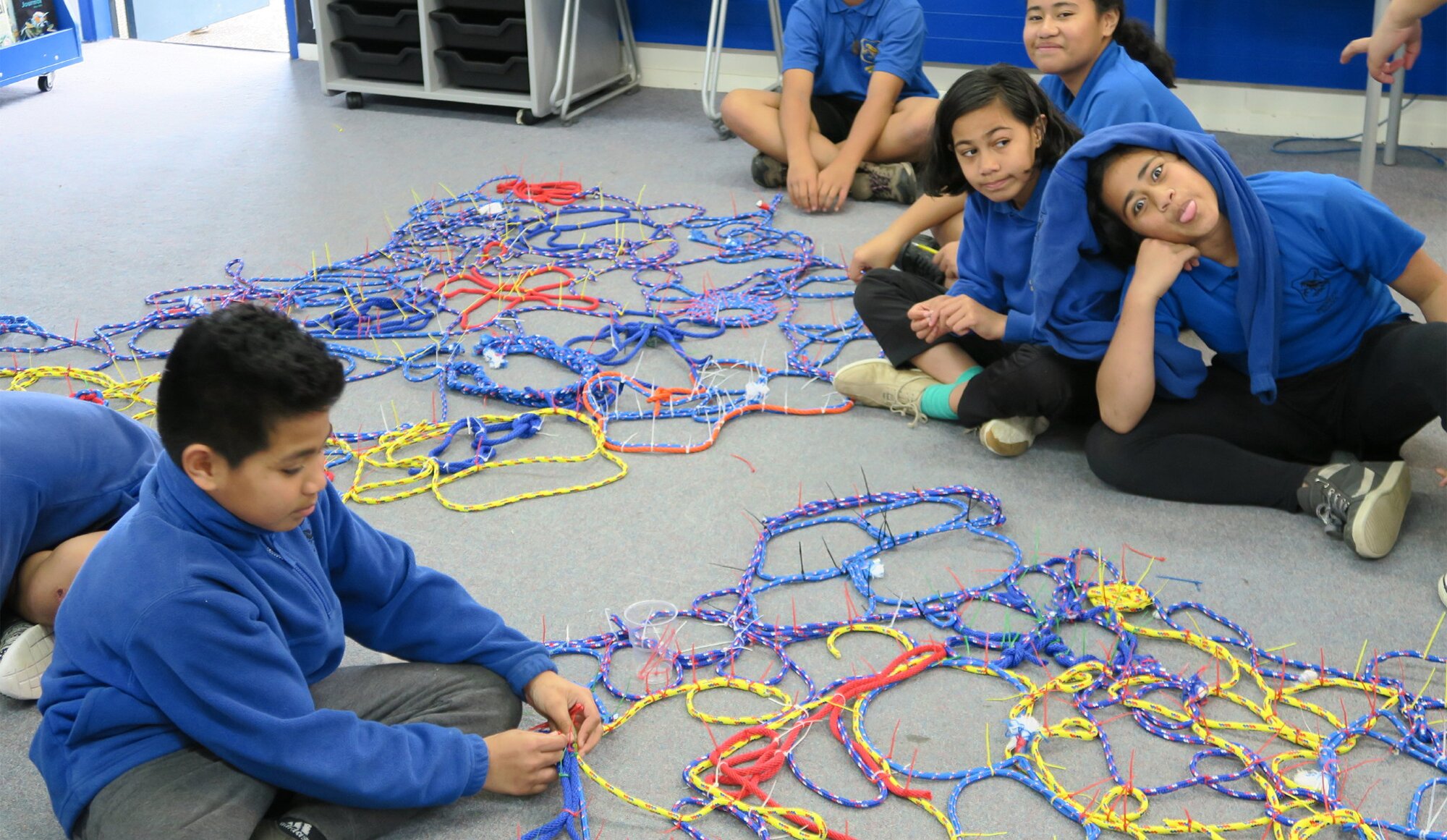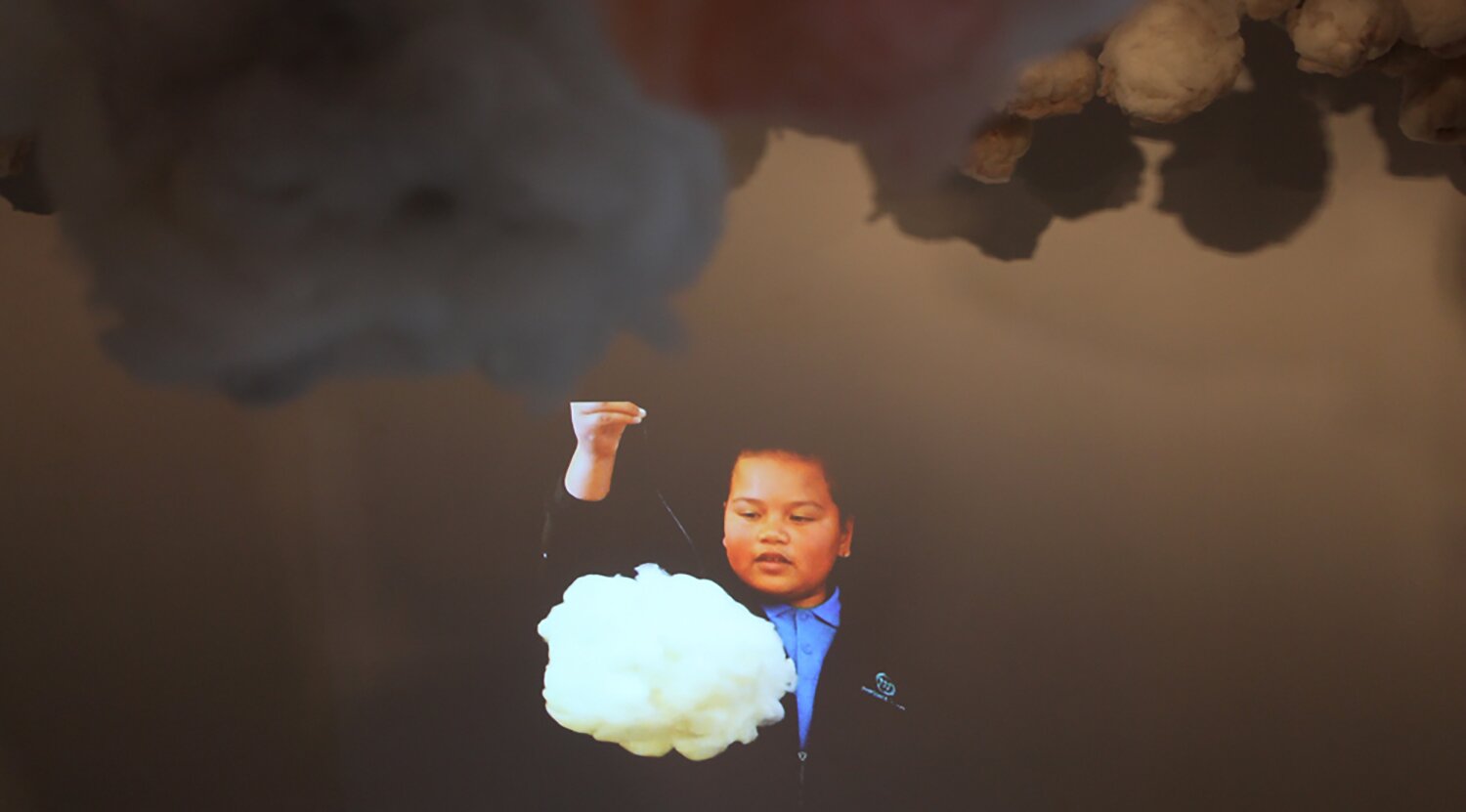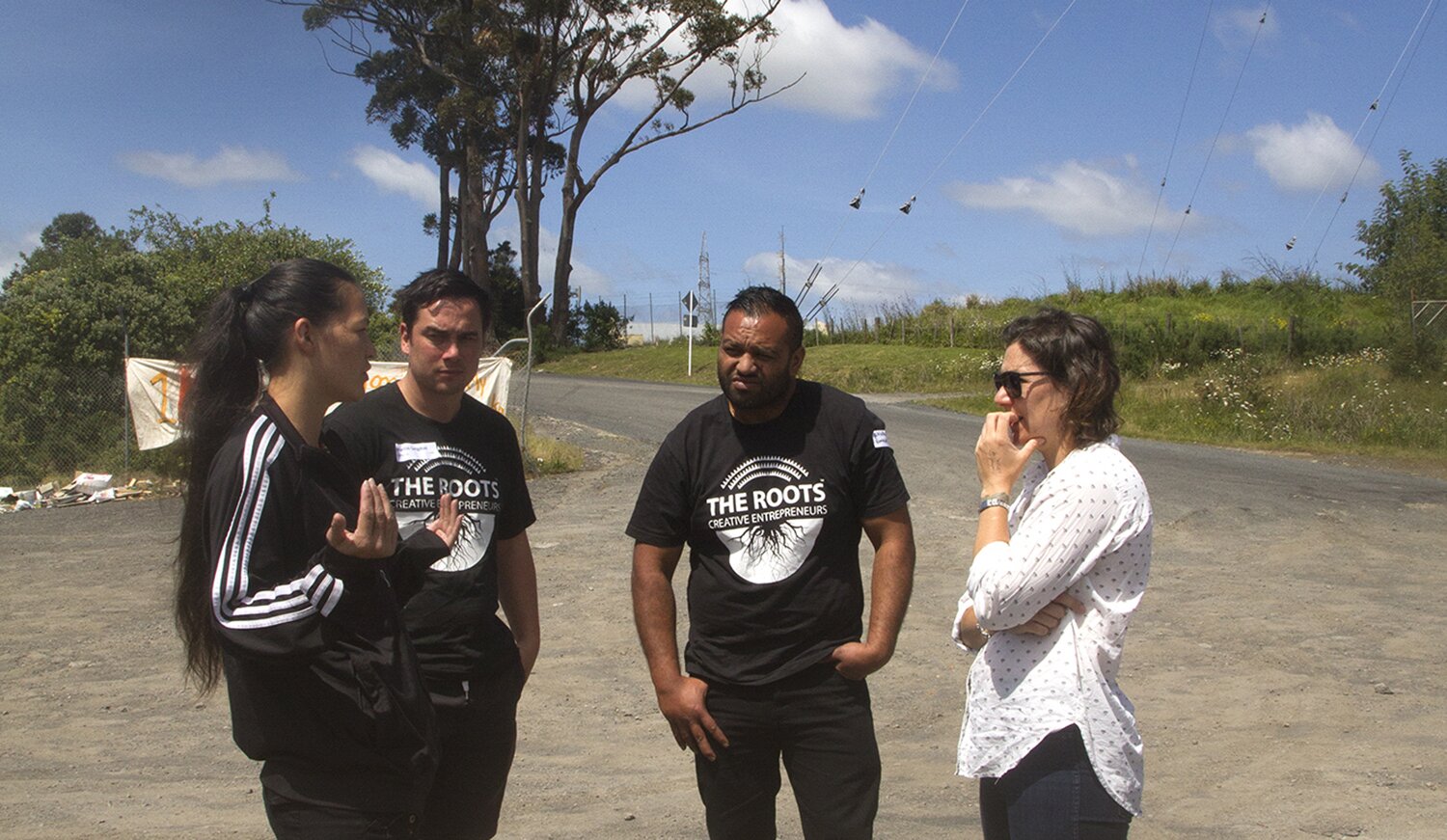Act
16th March – 8th April 2017
HUB ONE
Corban Estate Arts Centre
Thursdays – Sundays
11am – 4pm
HUB TWO
Te Uru Waitakere Contemporary Gallery
Mondays to Sundays
10am – 4.30pm
We all can act
Find out what you can do do change your climate impact
What is the difference between weather and climate? And what is Climate Change?
Climate is the weather variables (°TEMPerature, precipitation, storms, droughts) measured as an average over a 30 year period or longer.
During the last 30 years the average °TEMPerature has risen at levels faster than any other period in the knowable earth science.
However Climate Science is still in it’s infancy and while theories and complex interacting models are tested, definite probabilities remain elusive.
There is a growing body of proven facts to provide enough evidence to claim the Earth is now entered the Anthropocene Era.
The accumulative actions of billions of people are directly influencing the worlds °TEMPerature and thus the systems of weather, oceans, plant growth patterns and everything dependant on the systems. That includes us! And the cities we live in.
In 2015 NZ agreed to reduce carbon emissions to a level that would meet the target set at the Paris Climate Change Summit to well below 2 degrees above pre-industrial levels.
°TEMP is a project that aims to help unlock this knowledge in ways we can understand and act upon.
For some simple tips on what you can do download our Sustainabilitips
To help you minimise your environmental impact and know how to act locally and globally we’ve created a one page Sustainabilitips. Sustainabilitips has made in collaboration with Pei-Ju Chou and Kira Skovbo Moser
Its difficult to keep up with all the information out there, but we can all help each other by sharing information. Here are some good places to start.
Apparently we’re all good at recognising that things need to change, but not so good at acting. This is called the Say-Do gap. This site gives us more information on that and suggestions for how to bridge that gap.
https://nwei.org/our-model-for-change/
Nikki Harre has also written a book on the psychology of creating change, Psychology for a Better World. Its is for people who believe it is worth trying to make a world in which both our species and the ecological systems we are part of can flourish. The final chapter is a guide to help you analyse what you are doing to contribute towards a better world, and how you can be more effective while simultaneously increasing your personal wellbeing. You can download a copy, buy a print version or watch a 15 minute video summarising the book.
Calculate your carbon footprint. We’ve got two links here, one for adults in Australia and one for children in New Zealand. Check them out to get an idea of your carbon footprint.
Adults (Australia): http://www.footprintnetwork.org/resources/footprint-calculator/
Children: http://www.inccreative.co.nz/client/tread-lightly/environmental-footprint/
We’ll keep updating this page with more links to help us stay informed. Remember, before sharing anything, think about if its from a credible source.
There is a lot of information out there about how to reduce waste. We’ve collected up some local and international resources to help you find your way.
If you live in Auckland the council has created a guide to Auckland Council’s rubbish and recycling services. Their goal is to become waste free by 2040, which means more recycling, reusing, composting and reducing our waste output:
http://www.aucklandcouncil.govt.nz/EN/environmentwaste/rubbishrecycling/Documents/rubbishrecyclingguide.pdf
If you’re not sure how to identify recyclables check out this site: http://www.recycle.co.nz/symbols.php
Earth 911 has produced a comprehensive recycle guide from household to electronic and automotive waste. More things can be recycled than you think:
http://earth911.com/recycling-center-search-guides/
What can you learn from the seven different plastic numbers: http://naturalsociety.com/recycling-symbols-numbers-plastic-bottles-meaning/
If you want to know what New Zealand is doing on a national scale check out these two website:
Government website which outlines implications of climate change for New Zealand, what we are doing about it, and our reporting commitments. http://www.mfe.govt.nz/climate-change
New Zealand’s waste strategy: http://www.mfe.govt.nz/sites/default/files/wastestrategy.pdf
Why we should compost?
Approximately half of what Auckland households send to landfill is compostable material. 10% is from the garden and whopping 40% is from the kitchen. This food waste alone weighs in at about 90,000 tonnes each year.
And what a waste it is!
When your food scraps are mixed with other rubbish in the landfill we lose all that valuable nutrient forever.
Don’t fear, visit the Compost Collective to find out how to compost and to see if there is an composting workshop happening near you: compostcollective.org.nz/
Starting a garden may be daunting, but there is lots of help out there, and you can start small with containers before moving on to digging in the earth or building up a box bed. If you want to get started with the support of a community group think about joining one of the many community gardens around Auckland
Tui has some great how to guides for the novice gardener
http://www.tuigarden.co.nz/howtoguide/beginners-guide-vegetable-gardening
Don’t know what to plant when, here’s a great guide to what to plant based on where you live in NZ
http://www.gardengrow.co.nz/
Even Consumer Magazine has got in on the action with member sourced advice on 5 easy to grow vegetables.
https://www.consumer.org.nz/articles/growing-vegetables
If you want to get involved in a community garden check out this map that the Compost Collective has put together to find one near you.
https://compostcollective.org.nz/auckland-community-gardens/
Got kids? Find out if your school has a Garden to Table programme. If not advocate they start one. Garden to Table is a schools based initiative to teach kids to garden, changing the way children approach and think about food.
http://www.gardentotable.org.nz/
And don’t forget your local library or independently owned bookstore. They are both bursting with gardening books to get you started.
We at °TEMP believe we can all do small things in our lives that add up to big changes in our world.
We are working on bringing you super user friendly toolkits to help you take action. Come back and check this page out again.
We at °TEMP believe we can all do small things in our lives that add up to big changes in our world.
We are working on bringing you super user friendly toolkits to help you take action. Come back and check this page out again.

